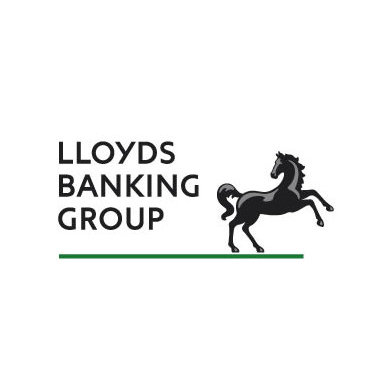Insurance
Lloyds fined £4.3m over PPI delay

Lloyds Banking Group has been fined £4.3m for failing its systems and controls that meant that 140,000 customers were left waiting for their PPI redress.
According to the Financial Services Authority, between May 2011 and March 2012, Lloyds sent 582,206 decision letters to PPI complainants agreeing to pay redress to them.
FSA rules state that redress must be paid promptly and, in line with that, Lloyds aimed to make payment within 28 days of these decision letters. However, a series of failures at the bank meant that not all customers were paid redress within that time frame.
Some customers had to wait over 6 months to receive their payment and the payments were made after customers chased up for them as well as media attention.
Problems with the payment system also meant the banking group was unable to fast track customers waiting for payment, inform customers of when the payment will be made or explain why it was being delayed.
Tracey McDermott, the FSA’s director of enforcement and financial crime, said: “The industry let customers down badly in relation to the sale of PPI.
The significant volume of complaints is a product of Lloyds’ own failings and the least customers can now expect is that redress, when it is due, will be paid promptly.”
Craig Lowther, managing director of PPI claims management company MoneyBoomerang, said: “The FSA’s fine is a recognition of the frustration felt by thousands of Lloyds customers whose claims are stuck in the pipeline. For those who have lost out once, this is adding insult to injury.
“Around a fifth of all the PPI claims we handle are on behalf of Lloyds Banking Group customers, and we hope that this fine will concentrate the bank’s mind into paying people what they’re owed promptly.
“The bank with a black horse as its logo has seen its reputation blackened once again by this fine.”
Lloyds agreed to settle with the FSA at an early stage of the investigation and therefore qualified for a 30% discount. Without the discount the banking group would have been fined £6,164,327.